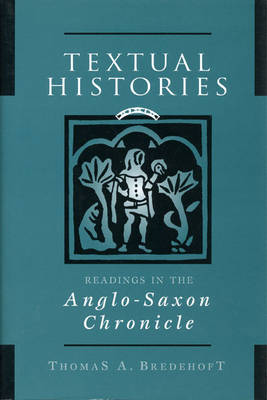
- Retrait gratuit dans votre magasin Club
- 7.000.000 titres dans notre catalogue
- Payer en toute sécurité
- Toujours un magasin près de chez vous
- Retrait gratuit dans votre magasin Club
- 7.000.000 titres dans notre catalogue
- Payer en toute sécurité
- Toujours un magasin près de chez vous
Description
Any scholar determined to provide the academic community with a comprehensive reading of the Anglo-Saxon Chronicles has set themselves a Herculean task. The Chronicles are a recording of historical events in England from the beginning of the Christian Era to 1154. The inspiration to compile and often translate to the vernacular brief entries from church annals, and then progressively longer historical accounts, poems and genealogies, is thought to come from Alfred, King of West Saxons (848-99) as part of his drive to revive learning and literature in England. After Alfred's death, scribes carried on amassing prose narratives, poems and genealogies, as well as transcribing the existing entries. Such a massive historical project leaves us now with a set of documents so complex that a planned edition is likely to consist of over 20 volumes.
In this remarkable study Thomas Bredehoft asks: what was the cultural force of such a singular document? Who might have been reading it, who was steering its formation at various periods, and to what end?
What modern scholars have been too willing to dismiss as a scattershot collection of unrelated annals, is, Bredehoft convincingly argues, a powerful and consciously driven tool to forge, through linking literature and history, a patriotic Anglo Saxon national identity.
Spécifications
Parties prenantes
- Auteur(s) :
- Editeur:
Contenu
- Nombre de pages :
- 264
- Langue:
- Anglais
Caractéristiques
- EAN:
- 9780802048509
- Date de parution :
- 29-12-01
- Format:
- Livre relié
- Format numérique:
- Genaaid
- Dimensions :
- 162 mm x 240 mm
- Poids :
- 517 g







